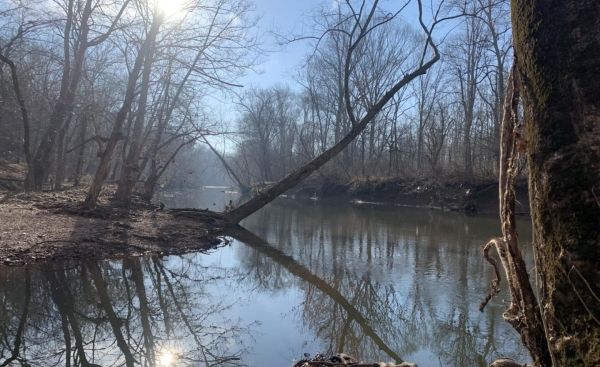Water touches virtually every aspect of human society, and all life on earth requires it. Yet, fresh, clean water is becoming increasingly scarce — one in eight people on the planet lack access to clean water. Drivers of freshwater salt pollution such as de-icers on roads and parking lots, water softeners, and wastewater and industrial discharges further threaten freshwater ecosystem health and human water security.
“Inland freshwater salt pollution is rising nationwide and worldwide, and we investigated the potential conflict between managing freshwater salt pollution and the sustainable practice of increasing water supply through the addition of highly treated wastewater to surface waters and groundwaters,” said Stanley Grant, professor of civil and environmental engineering in the Virginia Tech College of Engineering. “If we don’t figure out how to reverse this trend of salt pollution soon, it may become one of our nation’s top environmental challenges.”
Grant and his collaborators have recently published their findings in the journal Nature Sustainability.
In a recent modeling study, it was predicted that salt pollution will increase over 50 percent in more than half of U.S. streams by 2100. Freshwater salt pollution is associated with the decline of biodiversity, critical freshwater habitat, and lack of safe drinking water.
Read more at Virginia Tech
Image: Image of the Bull Run River that feeds the Occoquan Reservoir, an important source of water supply to Fairfax Water, a water utility serving about 2 million people in Northern Virginia and the home of Virginia Tech's Occoquan Watershed Monitoring Lab. Photo courtesy of Peter Vikesland for Virginia Tech. (Credit: Virginia Tech)


